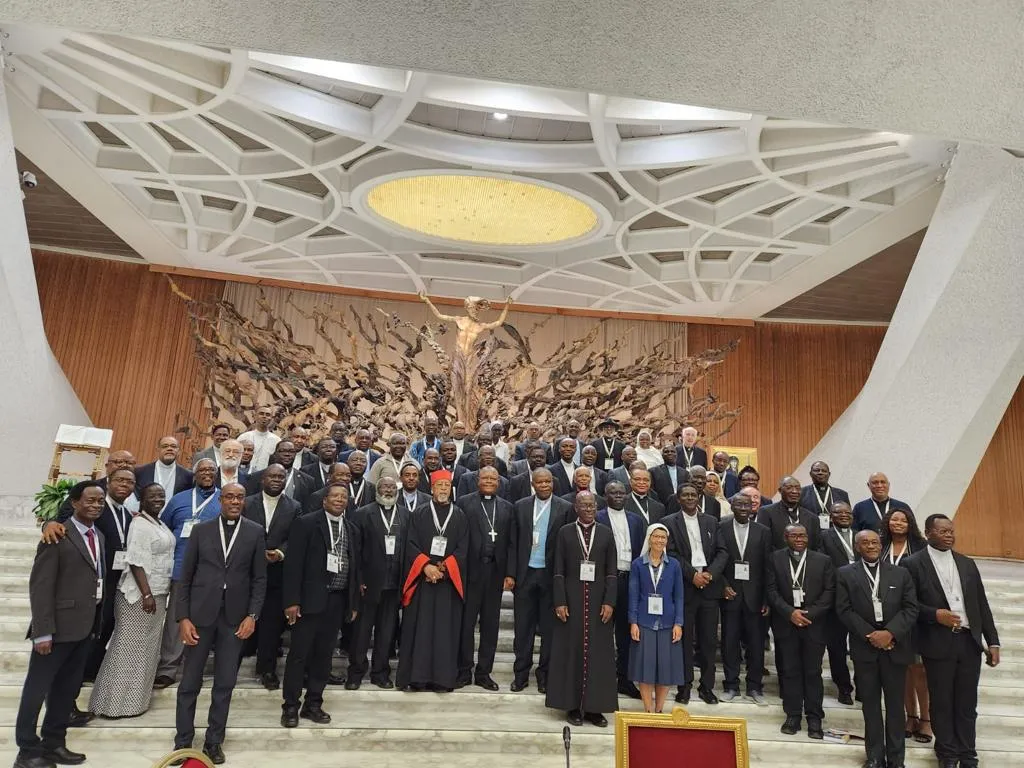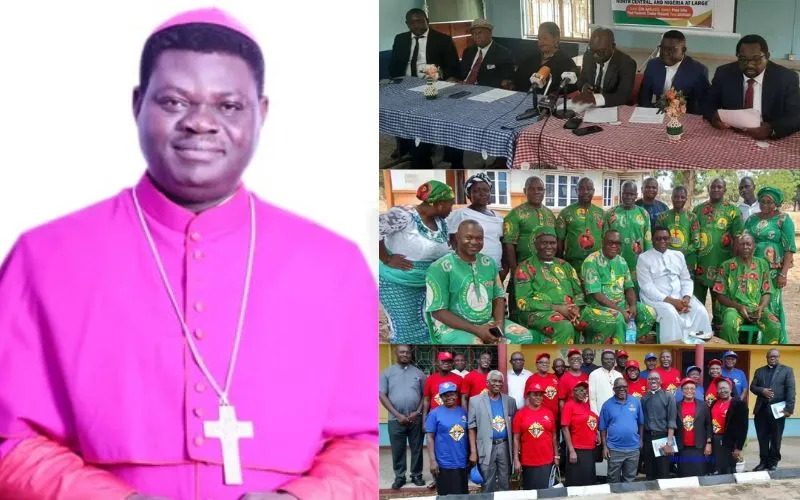Under the topic, “The poor, protagonists of the Church's journey”, the Synod delegates had consensus about the fact that there are different kinds of poverty.
They say, “Among the many faces of the poor are those of all those who lack the necessities to lead a dignified life. Then there are those of migrants and refugees; indigenous, original and Afro-descendant peoples; those who suffer violence and abuse, particularly women; people with addictions; minorities who are systematically denied a voice; abandoned elderly; victims of racism, exploitation and trafficking, particularly minors; exploited workers; economically excluded and others living in the peripheries.”
“The most vulnerable of the vulnerable, on whose behalf constant advocacy is needed, are babies in the womb and their mothers,” the Synod delegates say, and add, “The Assembly is aware of the cry of the ‘new poor,’ produced by the wars and terrorism that mar many countries on different continents, and condemns the corrupt political and economic systems that cause them.”
The plight of migrants and refugees is also addressed in the topic, “A Church from every tribe, tongue, people and nation’”. Here, the Synod delegates call on Church to take decisive strategies, “particularly in pastoral formation programs”, to address the challenges of racism and xenophobia.
“In a world in which the number of migrants and refugees is increasing while the willingness to accept them is decreasing, and in which the foreigner is viewed with increasing suspicion, it is appropriate for the Church to engage decisively in education in the culture of dialogue and encounter, combating racism and xenophobia, particularly in pastoral formation programs,” they say.
(Story continues below)
The Synod delegates add, “It is equally necessary to engage in projects for the integration of migrants.”
Over 80 proposals were approved in the Synod vote, including establishing a new “baptismal ministry of listening and accompaniment,” initiating discernment processes regarding the decentralization of the Church, and strengthening the Council of Cardinals into a “synodal council at the service of the Petrine ministry.”
The summary report does not have definitive conclusions on blessing of same-sex unions, the ordination of women, and optional Priestly celibacy, among other hot-button topics, which have drawn the lion’s share of media attention in this first session of the XVI Ordinary General Assembly of the Synod of Bishops.
Still, the hot-button issues, which the Synod delegates call “controversial”, were addressed. For instance, among the proposals during the October 4-29 meeting at the Vatican, was the request for continued theological study of the possibility of women deacons. The Synod delegates requested that the results of such a study be shared at the next session of the Synod on Synodality, which Pope Francis extended to October 2024.
In the October 28 Synthesis report, the Synod delegates recognize their differing views regarding the possibility of a female diaconate.
The Prefect of the Vatican Dicastery for Communications, Dr. Paolo Ruffini has been quoted as saying that over 1,000 amendments were submitted by Synod delegates to the original draft of the report after it was presented to the assembly on October 25.
It has also been reported that in the exercise that saw every paragraph approved in the voting process, the paragraph describing “uncertainties surrounding the theology of the diaconal ministry” and calling for more reflection on women’s access to the diaconate received the most negative votes.
The Synod delegates, who, for the first time included the Laity with the power to vote on the final document, agreed that persons who feel excluded because of their sexuality or gender identity stand in need of accompaniment and that the Church needs to defend their dignity.
Fr. Don Bosco Onyalla is ACI Africa’s founding Editor-in-Chief. He was formed in the Congregation of the Holy Ghost Fathers (Spiritans), and later incardinated in Rumbek Diocese, South Sudan. He has a PhD in Media Studies from Daystar University in Kenya, and a Master’s degree in Organizational Communication from Marist College, New York, USA.





